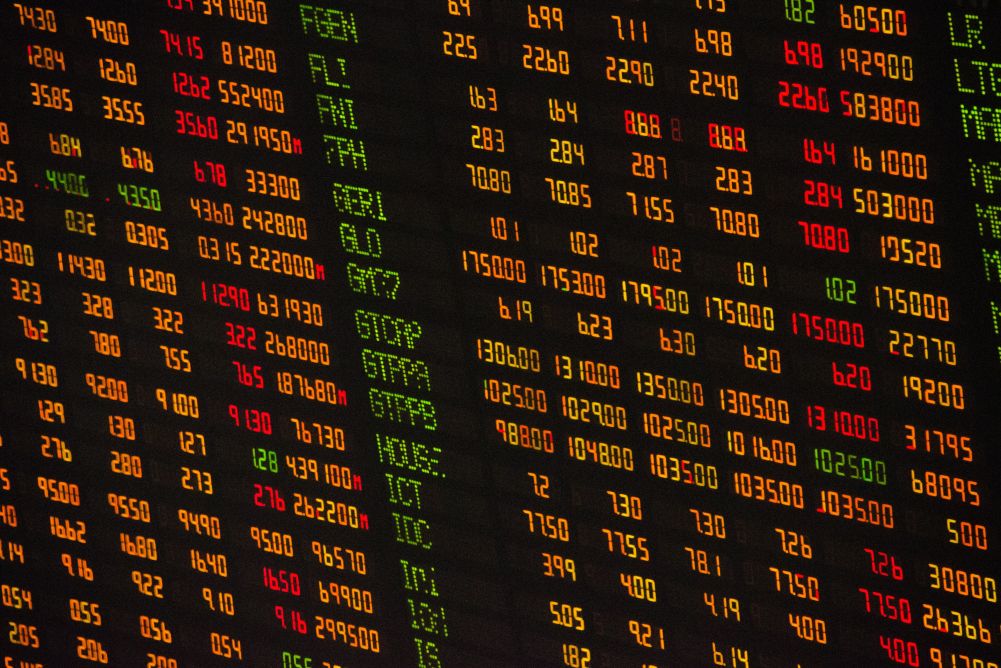
2017 may go down as a year of political disruption. It is therefore not surprising that geopolitical risk is considered the top concern among leading sellside individuals in Asia, being considered the most likely trigger for the next major financial crisis.
More than one-third (37%) of 275 surveyed individuals rated geopolitical risk as the number one flash point for the next major financial crisis; no less than 71% said it was one of their top three overriding concerns. This is according to a recent survey of the top-ranking analysts, economists/strategists, salespeople and traders in Asian G3 fixed income by Asset Benchmark Research (ABR), as part of the Asian G3 Bond Benchmark Review 2017.
As part of the review, Asia’s top individuals were asked to rank potential triggers for the next meltdown in order of the most likely. Coming second and third were an asset price bubble and China's debt problem, with 65% and 42% of respondents, respectively, ranking them among their top three concerns.
Additional flash points included US debt and a commodity collapse, which were among the top three worries for 31% of respondents. Other flash points included a failure of the European banking system, the fallout of Brexit, and cybersecurity threats.

ABR also asked individuals for their opinions on the efficacy of regulations, such as the Dodd-Frank Act, which were implemented as a result of the last financial crisis. Two-fifths (42%) believe that the regulations are too restrictive. At the same time, one-quarter (26%) conclude it will never be possible to control excesses in financial services.
“Human nature will always find a way to circumvent restrictions and find a way around the system. For example, for now there is some emergence of cryptocurrencies, which is still a largely unregulated sector. Hence, regulators can to a certain extent control, but will never be able to fully prevent crises,” says Meggy Losaria in sales at ING.
Six percent of those surveyed suggest that regulators should do more. Evan Li, a trader at UBS falls into this camp. “Controls still have room for improvement, especially in an era where technology is progressing exponentially, the laws and rules have to be adaptive to these changes,” he says.
Interestingly, by respondent type, the majority of traders, by a slight margin, believe that the regulators will never be able to prevent abuse, while salespeople, analysts and economists/strategists are more likely to see the regulations as too restrictive.
A total of 275 bankers commented on the flash points and 270 gave their views of financial regulations, as part of the survey that was conducted in September 2017. The respondent breakdown was: 12% analysts, 5% economists/strategists, 64% salespeople, and 19% traders.
Additional reporting by Jacky Fung and Aaron Leung.









